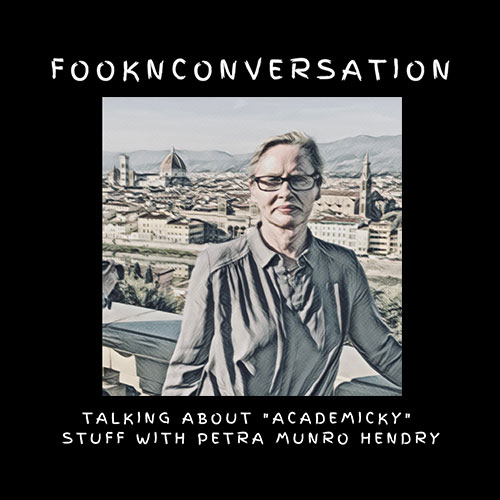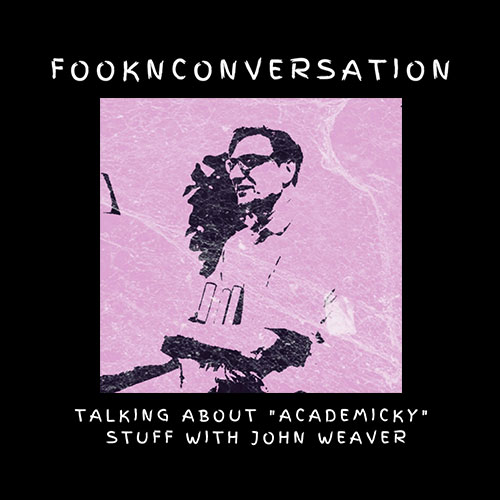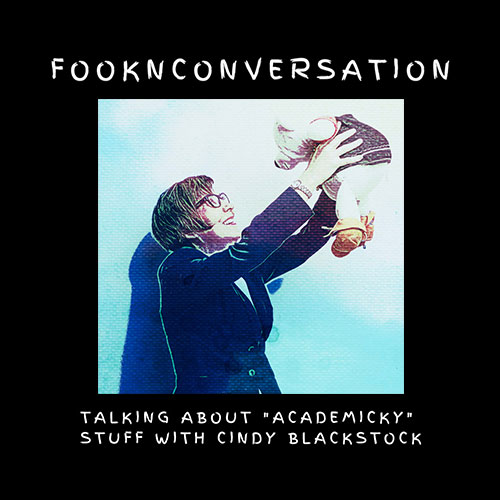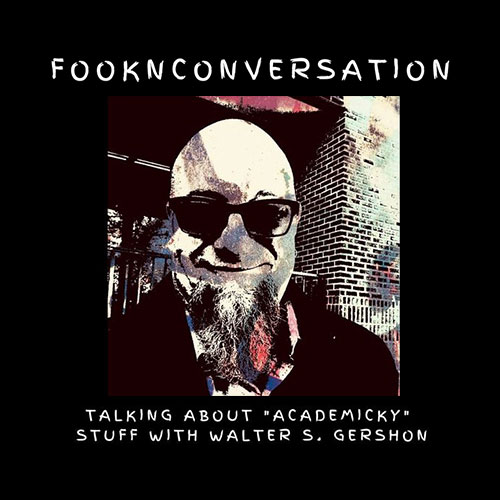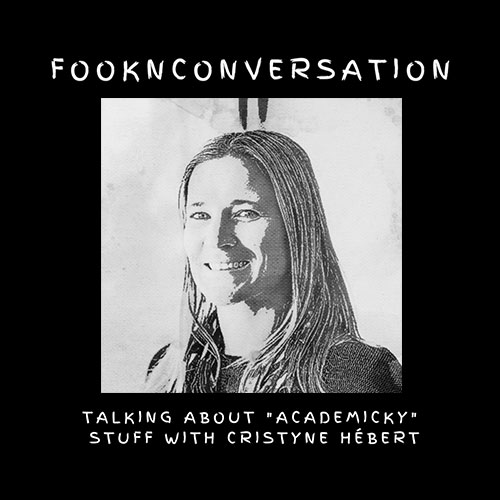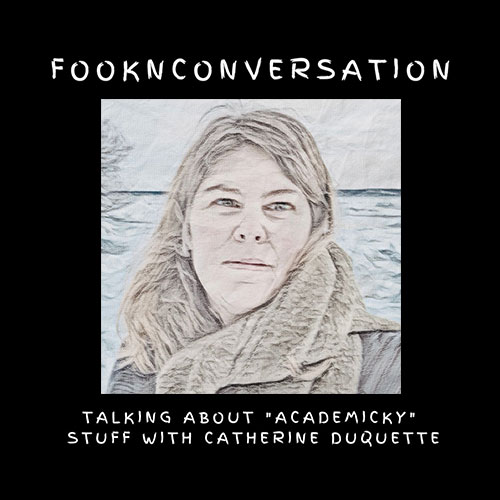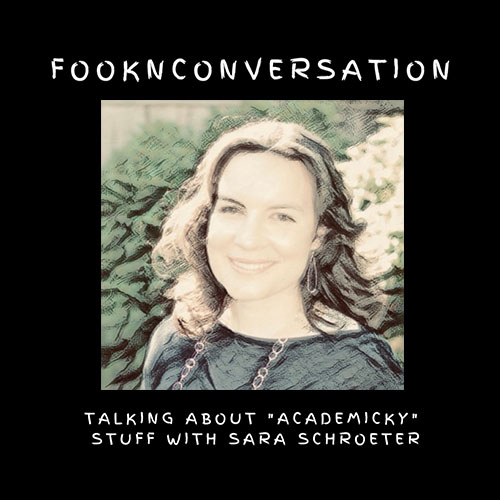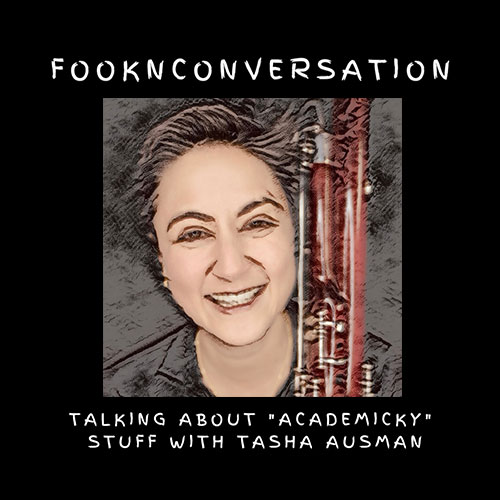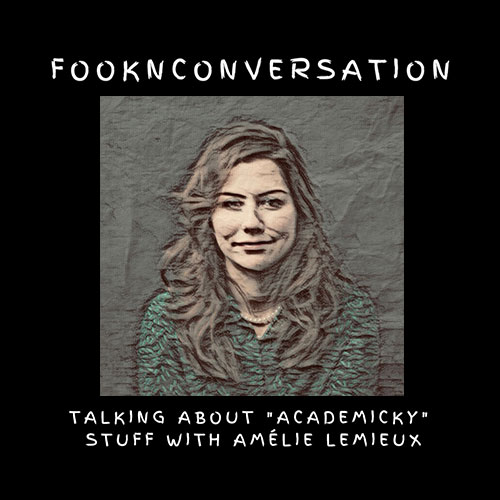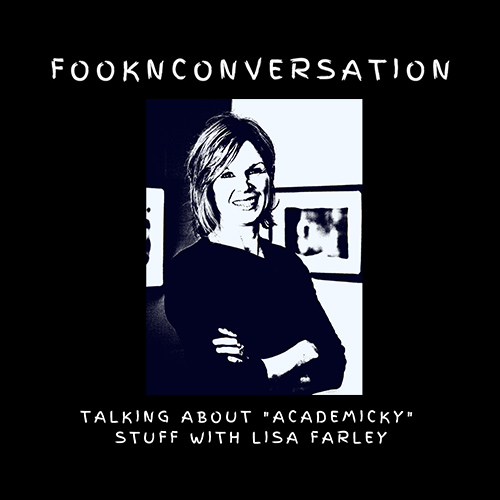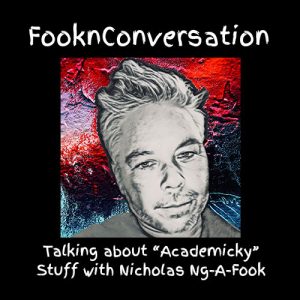Episode 29: Petra Munro Hendry
In Episode 29 Dr. Ng-A-Fook interviews Dr. Petra Munro Hendry, an Endowed Professor Emeritus of the St. Bernard Chapter of the Louisiana State University Alumni Association. Dr. Munro Hendry draws on curriculum studies, history, and philosophy to share her wisdom on the practice of history in relation to the COVID-19 Pandemic, curriculum history, and a…
Read More
